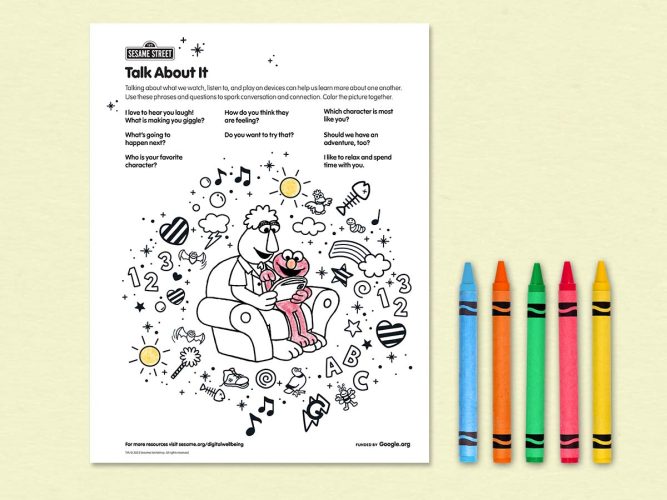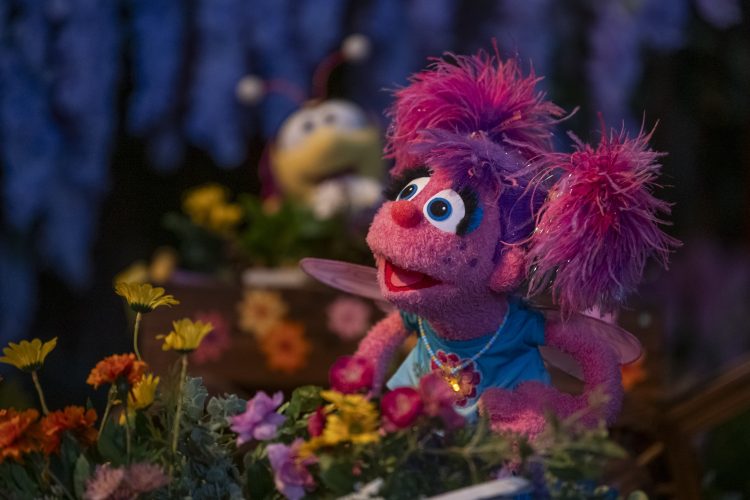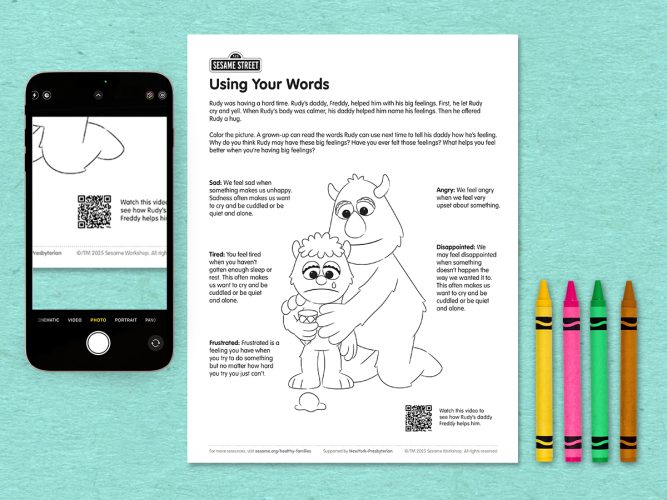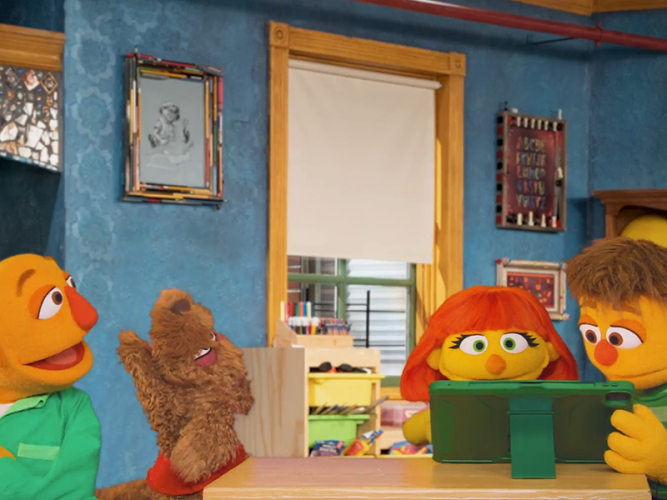
Growth Mindset…for Grown-ups!
Staying positive can help you navigate changes and take on challenges with confidence.
Media, technology — and your family! — are changing every day. As your family’s needs, challenges, hopes, and dreams evolve, your media use and family rules around technology may need to evolve, too.
It can feel difficult (and sometimes, impossible!) to keep up with the changing media landscape, to know when and how to introduce emerging technologies to your children, and of course how to keep them safe online. But remember, you don’t have to have it all figured out. Your family, just like families everywhere, are learning along the way.
One way to help your family address points of tension and face the unknown with curiosity and openness is to adopt a growth mindset. A growth mindset helps you:
- Believe that your basic abilities can be developed with hard work and dedication.
- Believe your success is based on time, effort, and persistence.
- Appreciate the journey as much as you appreciate the destination.
- See failure is an opportunity to grow and learn.
Dr. Stephanie Lee, a licensed psychologist certified in Parent-Child Interaction Therapy, acknowledges that developing a growth mindset as an adult can be really challenging. She says parents usually need to build up their mindfulness and self-compassion muscles. Consider these tips:
- Embrace your own journey. You and your family are unique; there’s no need to compare with other parents, children, or situations.
- Pump yourself up… practically. Combat negative thoughts with true thoughts: “I didn’t do the best today, but I did my best today.”
- Acknowledge your victories. Celebrate the small wins—a smooth transition after tablet time, sticking to your “Screen-free Saturday” goal, or a family movie night that was enjoyable for everyone — to help you stay present, positive, and motivated to keep going.
- Manage your expectations from the beginning. Change is a fact of life. There will be challenges — and joys! — ahead. Acknowledging that as a baseline can help you ride the waves of change.
- Pile on the proof. If you’ve done it before, you can probably do it again. Think of a few challenges you’ve overcome and keep them at the ready for when you’re feeling low. Remind yourself (out loud!) that you have been resilient (or creative, patient, curious, etc.) before, and you can be again!
- Stay open and honest. Check in with yourself and your family about what’s working and what’s not. Ask for help when you need it. Brainstorm with your family on solutions to try.
With your help, little ones, too, can develop a growth-mindset. Try these ideas:
- Praise the process. Offer encouragement and make a big deal about your child’s persistence. I love the way you stuck with it. I know you were frustrated when the tower fell down. I’m proud of you for how you didn’t give up and started building again.
- Show them how. Children pay attention to what we say, and even more attention to what we do. When they see you taking belly breaths, talking through your problem-solving steps, or celebrating your accomplishments, they’re more likely to try those things, too.
Sources:
Special thanks to Dr. Stephanie Lee, Psy.D., a licensed psychologist certified in Parent-Child Interaction Therapy. Learn more from Dr. Lee when you watch Ask an Expert: Conversations About Digital Well-being for Families, a six-part video series for parents around building and maintaining healthy digital habits.

Unplugged: Creating Device-Free Family Moments
When children and grown-ups spend time together, especially without media, children benefit in so many ways. Explore these tips to nurture meaningful moments and support digital well-being in your family.

We’re Connected
Watch this video to discover habits to support digital well-being for families.

Talk... and Color! Adult-child Coloring Page
An activity with tools, tips, and playful ideas to empower families to foster digital well-being and develop healthy habits related to media and technology.

Children As Family Storytellers
With your help, children can use technology to become family storytellers.

Watch and Play: Abby's Magical Beasties
Watch this episode and explore ways to extend the learning at home.

Using Your Words
A coloring page helping children explore words for big feelings.

Switch It! Routine
Watch Julia, Sam, and their dad, Daniel, practice their family’s Switch It! Strategy, to transition out of screen time.
